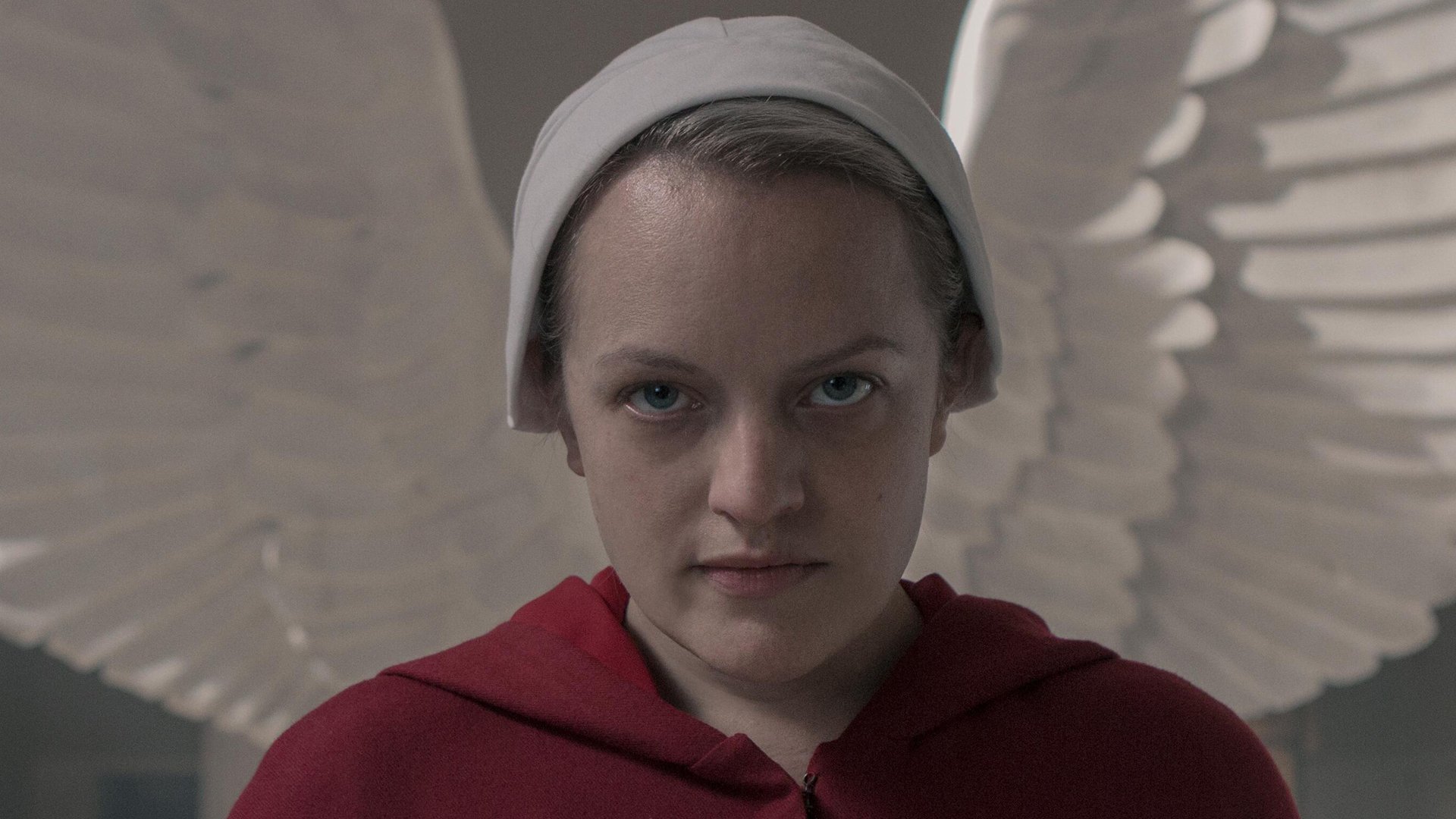Could ‘The Handmaid’s Tale’ Come True? The Story Is More Real Than You Think
The Handmaid’s Tale Season 4 takes place in a fictional world where religious rebels have taken over most of America and turned it into Gilead. Since Hulu made The Handmaid’s Tale book more popular with the current iteration of the show, some people have felt that the things that happen in the show are too plausible for comfort. Now, The Handmaid’s Tale author, Margaret Atwood, has addressed why Gilead feels so possible.

The premise of ‘The Handmaid’s Tale’ book was based off of reality
When Atwood started writing the book in 1984, she decided that she wanted it to be based off of real theories, events, and people.
“If I was to create an imaginary garden I wanted the toads in it to be real,” she wrote in an article for The New York Times. “One of my rules was that I would not put any events into the book that had not already happened in what James Joyce called the ‘nightmare’ of history, nor any technology not already available. No imaginary gizmos, no imaginary laws, no imaginary atrocities. God is in the details, they say. So is the Devil.”
In the novel, Gilead comes to power after a sharp decline in fertility due to toxic environments makes people frantic to have children. Because of this, the leaders of Gilead come up with a plan to have Handmaids (women who have “sinned” in some way but have been able to carry children) act as surrogates for wives who cannot get pregnant. This premise was also based off of historical events.
“In today’s real world, studies are now showing a sharp fertility decline in Chinese men,” Atwood wrote. “Under totalitarianisms — or indeed in any sharply hierarchical society — the ruling class monopolizes valuable things, so the elite of the regime arrange to have fertile females assigned to them as Handmaids. The biblical precedent is the story of Jacob and his two wives, Rachel and Leah, and their two handmaids. One man, four women, 12 sons — but the handmaids could not claim the sons. They belonged to the respective wives.”
Could the story come true?
Because Atwood based the things that led up to the creation of Gilead on real events, people have often wondered if the series of events within the book and show could actually happen.
“No, it isn’t a prediction, because predicting the future isn’t really possible: There are too many variables and unforeseen possibilities,” Atwood wrote. “Let’s say it’s an antiprediction: If this future can be described in detail, maybe it won’t happen. But such wishful thinking cannot be depended on either.”
Though the book isn’t meant to be read as a path that could be gone down in real life, Atwood does recognize how recent elections could have led people to feel that way.
“In the wake of the recent American election, fears and anxieties proliferate,” she wrote in the 2017 article. “Basic civil liberties are seen as endangered, along with many of the rights for women won over the past decades, and indeed the past centuries.”


